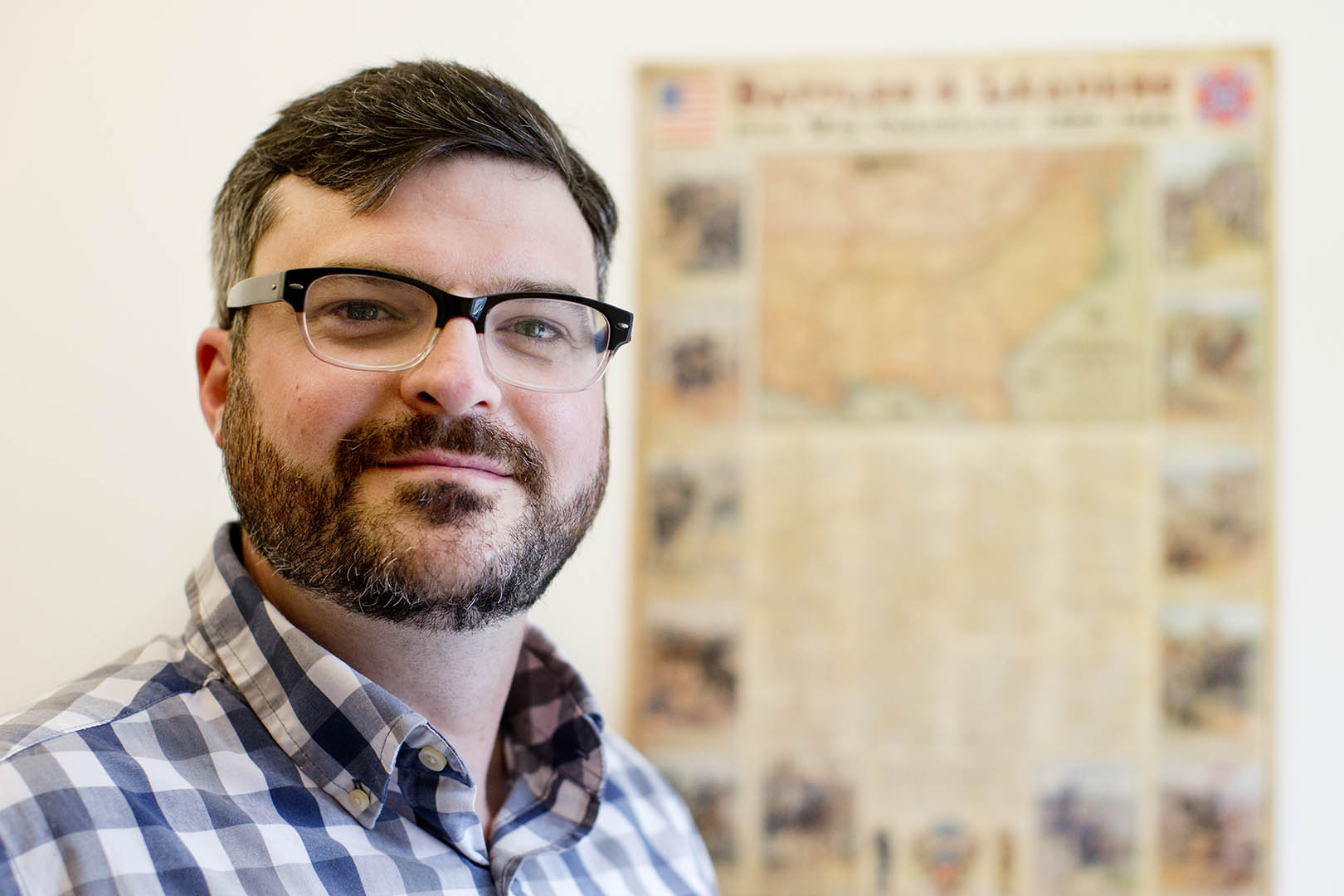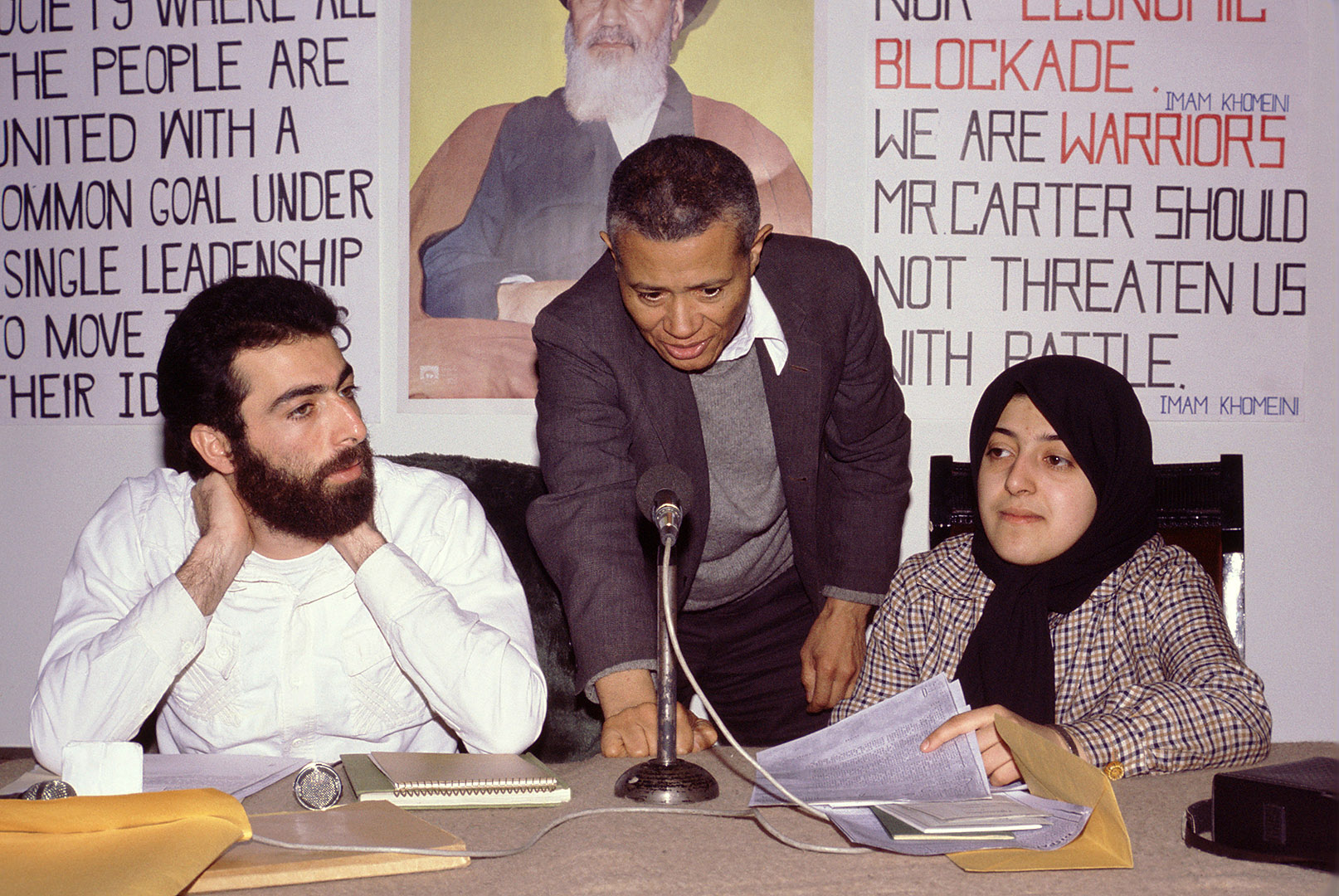
Elizabeth Strout ’77
Elizabeth Strout on Returning to Olive Kitteridge — The New Yorker
Elizabeth Strout ’77 thought she was “done” with Olive Kitteridge, the central character in her 2008 Pulitzer Prize-winning novel of the same name. Until, she told New Yorker fiction editor Deborah Triesman, one day in a European cafe when Olive “just showed up.”
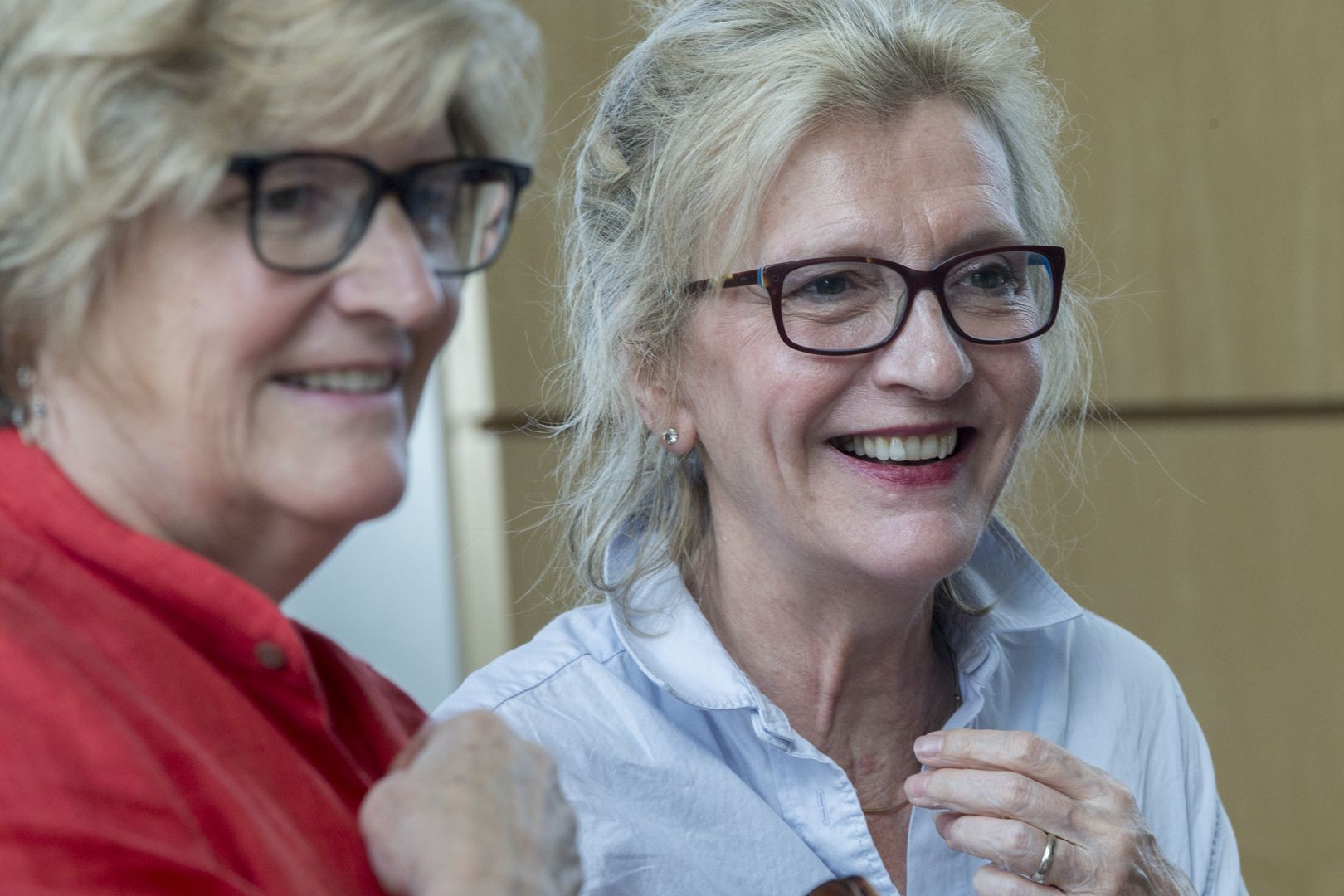
Pulitzer Prize–winning author Elizabeth Strout ’77 stands with President Clayton Spencer following her 2017 Reunion discussion with Spencer. (Phyllis Graber Jensen/Bates College)
Olive, Again, will be published in October. The sequel features Olive as she ages and her interactions with other characters deepen and change.
The books’ Maine setting, Strout told Triesman, is inextricable from its characters. “Olive — my Olive — would not be Olive if she lived anywhere but Maine,” she said. “She is like a barnacle clinging to the rock of the place.”
Read the story:
- “Elizabeth Strout on Returning to Olive Kitteridge,” The New Yorker, July 29, 2019
See also:
- “Elizabeth Strout reprises Olive Kitteridge, now older, and possibly wiser,” Portland Press Herald, Sept. 1, 2019
Michelle Greene
Bates College receives its largest-ever federal grant — Multiple outlets
Maine and national outlets covered the announcement that Bates received a $3.97 million National Science Foundation grant to build a video database to support research in fields that rely on the analysis and recognition of images, such as neuroscience, cognitive science, and artificial intelligence.
Assistant Professor of Neuroscience Michelle Greene, the principal investigator for the grant, will lead the creation of a Visual Experience Database comprising some 240 hours of video clips that depict everyday human activities and, importantly, simulate human vision and track head and eye movement.
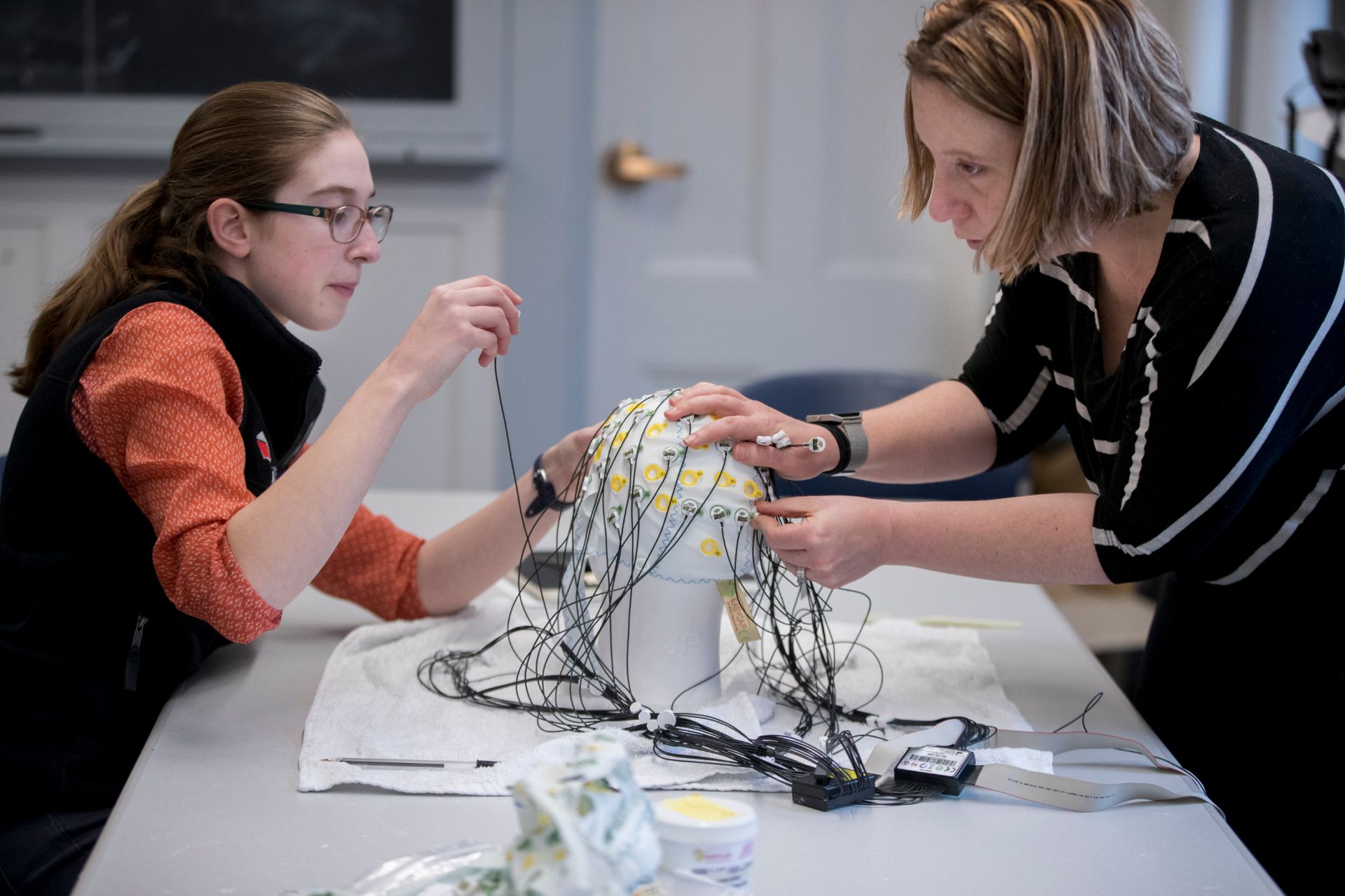
Assistant Professor of Neuroscience Michelle Greene (right) works with student researcher Hanna De Bruyn ’18 to prepare an EEG test in March 2018. (Phyllis Graber Jensen/Bates College)
As Greene told Maine Public, the process of collecting video clips for the database will involve trained members of the project team, including Bates students, “going out into the world wearing head-mounted cameras, like a GoPro. We’ll be recording what the world looks like as we engage in some common, everyday activities.”
Read the stories:
- “Bates College receives its largest-ever federal grant,” Sun Journal, Aug. 16, 2019
- “Bates Will Use Largest Federal Grant In Its History For Video Database,” Maine Public, Aug. 16, 2019
- “Bates will use largest federal grant for video database,” The Associated Press, Aug. 16, 2019
Peter Goodrich ’89
Timeout: 9/11 still a painful day for those who knew Peter Goodrich — Sun Journal
On the 18th anniversary of the Sept. 11 terrorist attacks, Sun Journal sportswriter Tony Blasi returned to the story of Peter Goodrich ’89, the track and field All-American who died on Flight 175.
Blasi had interviewed, written about, and gotten to know Goodrich as a student as he racked up track and field awards and majored in math and physics.
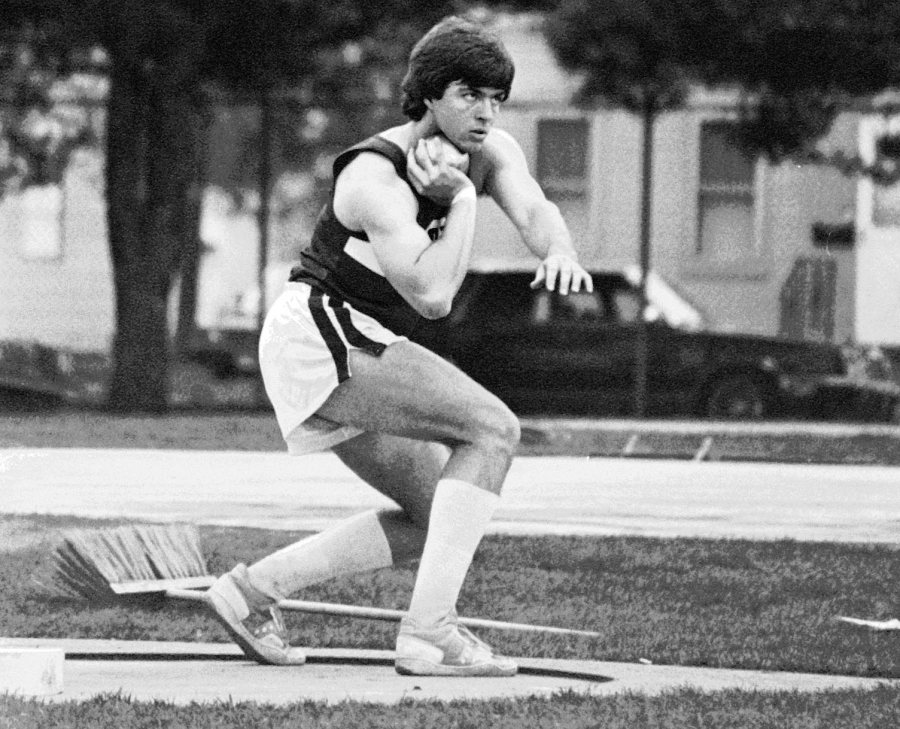
Peter Goodrich ’89, shown throwing the shot put for Bates, “was a gentleman,” said classmate Greg Nespole ’89. (Muskie Archives and Special Collections Library)
This year, Blasi talked to Goodrich’s classmate Gregory Nespole ’89. “Peter was a kind, thoughtful man who was modest, though highly exceptional as a student and athlete — a gentleman,” Nespole told him.
A lawyer, Nespole has long worked in Lower Manhattan, and his office is near the 9/11 Memorial. “I lost many friends,” he said. “It is still a painful day.”
Read the story:
- “Timeout: 9/11 still a painful day for those who knew Peter Goodrich,” Sun Journal, Sept. 11, 2019
Christopher Petrella ’06
Colin Kaepernick wants you to know your rights — PAPER magazine
Chris Petrella ’06 had a major editorial role in a recent issue of PAPER focusing on human rights.
The issue, called a “bastion of black excellence and wokeness,” by the New York Daily News, carried the theme “Know Your Rights” and featured Q&A interviews with 10 black thought leaders, including 2018 Bates Commencement speaker Bryan Stevenson.
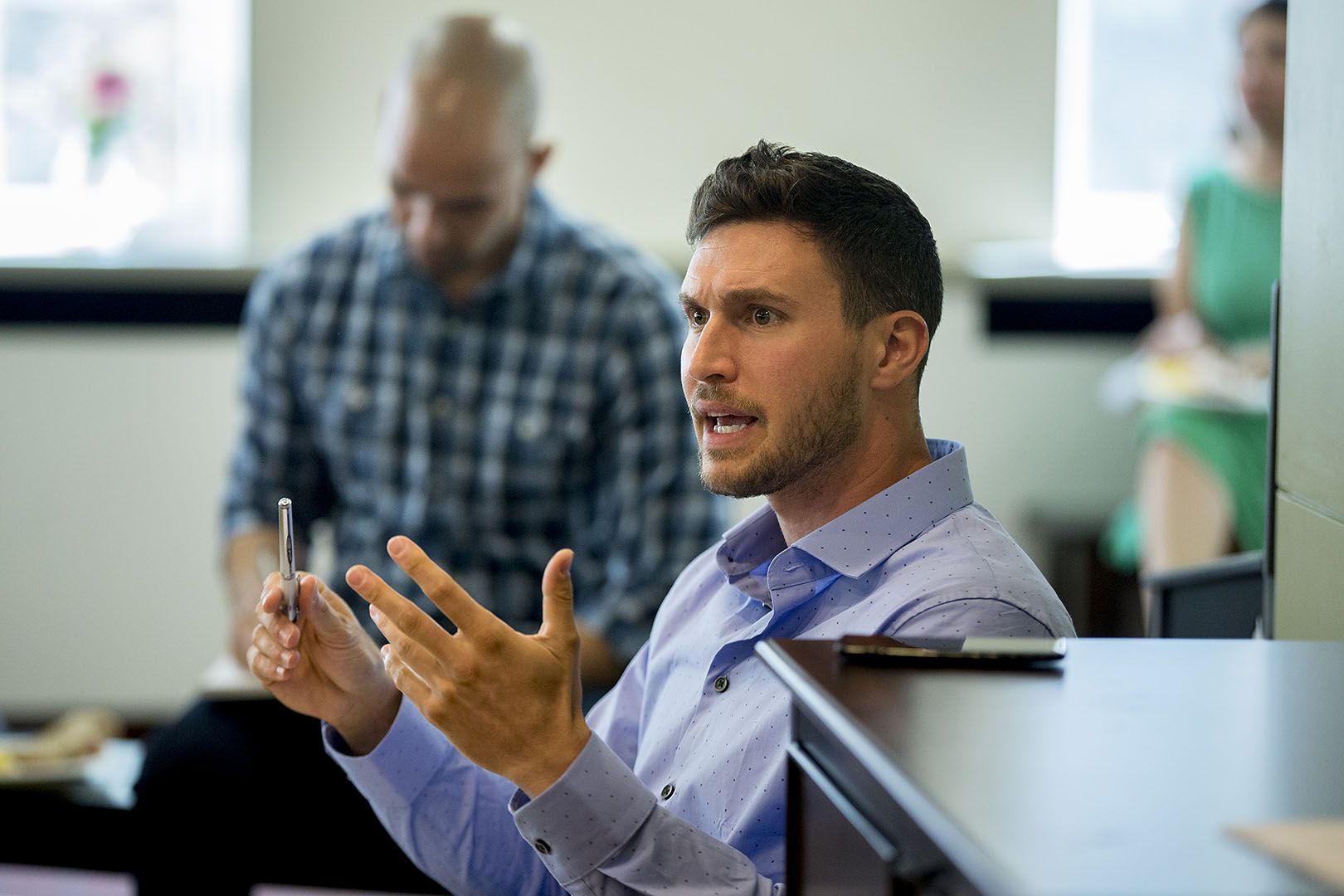
Christopher Petrella ’06, director of engagement at American University’s Antiracist Research & Policy Center, makes a point during a meeting of the college’s Justice and Equity Reading Group in 2017, when he was a Bates faculty lecturer member of the Office of Intercultural Education staff. (Phyllis Graber Jensen/Bates College)
The issue’s lead story, “Colin Kaepernick Wants You To Know Your Rights,” was written by Petrella along with radio host Miabelle Bocicault and scholar Ameer Hasan Loggins. The trio also wrote the introductions to each Q&A story.
The entire issue was guest-edited by Kaepernick, the football player-turned-social activist, whose current efforts with his Know Your Rights camps teaches young people their legal rights and, importantly, how to exercise them.
A friend and part of Kaepernick’s inner circle, Petrella is director of engagement at American University’s Antiracist Research & Policy Center.
Read the stories:
- “Know Your Rights,” PAPER Magazine, Fall 2019
Michael Rocque
The U.S. Attorney got the numbers wrong. Here’s a look at D.C.’s actual incarceration rate — DCist
A recent debate in Washington, D.C., saw criminal-justice reform advocates saying that D.C. imprisons more people than any of the 50 states. At the same time, the district’s U.S. Attorney said the opposite, that it sends fewer people to prison than any state.
The news website DCist turned to criminologist Michael Rocque, associate professor of sociology at Bates, to untangle the numbers.
Ultimately, you can’t compare D.C. statistics to state statistics, said Rocque, “just as I would caution against comparing NYC to Maine.”
The contrasting data points were bandied about during a public debate over a D.C. Council bill that would “expand opportunities for certain violent offenders to petition for a reduced sentence,” according to the DCist story.
After its initial claim, the U.S. Attorney backtracked and admitted that it had used federal data that only counted inmates at the D.C. jail as opposed to D.C. inmates held by the U.S. Bureau of Prisons in federal facilities across the country.
Read the story:
- “The U.S. Attorney got the numbers wrong. Here’s a look at D.C.’s actual incarceration rate,” DCist, Sept. 10, 2019
Edmund Muskie ’36
During his 1972 presidential race, Maine’s Edmund Muskie faced at least three death threats — Sun Journal
FBI files related to Edmund Muskie ’36 and released to the Sun Journal revealed that Muskie received three death threats while campaigning for the 1972 Democratic nomination for president.
“It doesn’t appear from the 1,038 pages of material released to the Sun Journal that the FBI ever tracked down two of the culprits,” wrote the paper’s Steve Collins, who obtained the files through a Freedom of Information Act request. “Federal prosecutors opted not to charge the other, a mentally ill man quickly found by agents.”
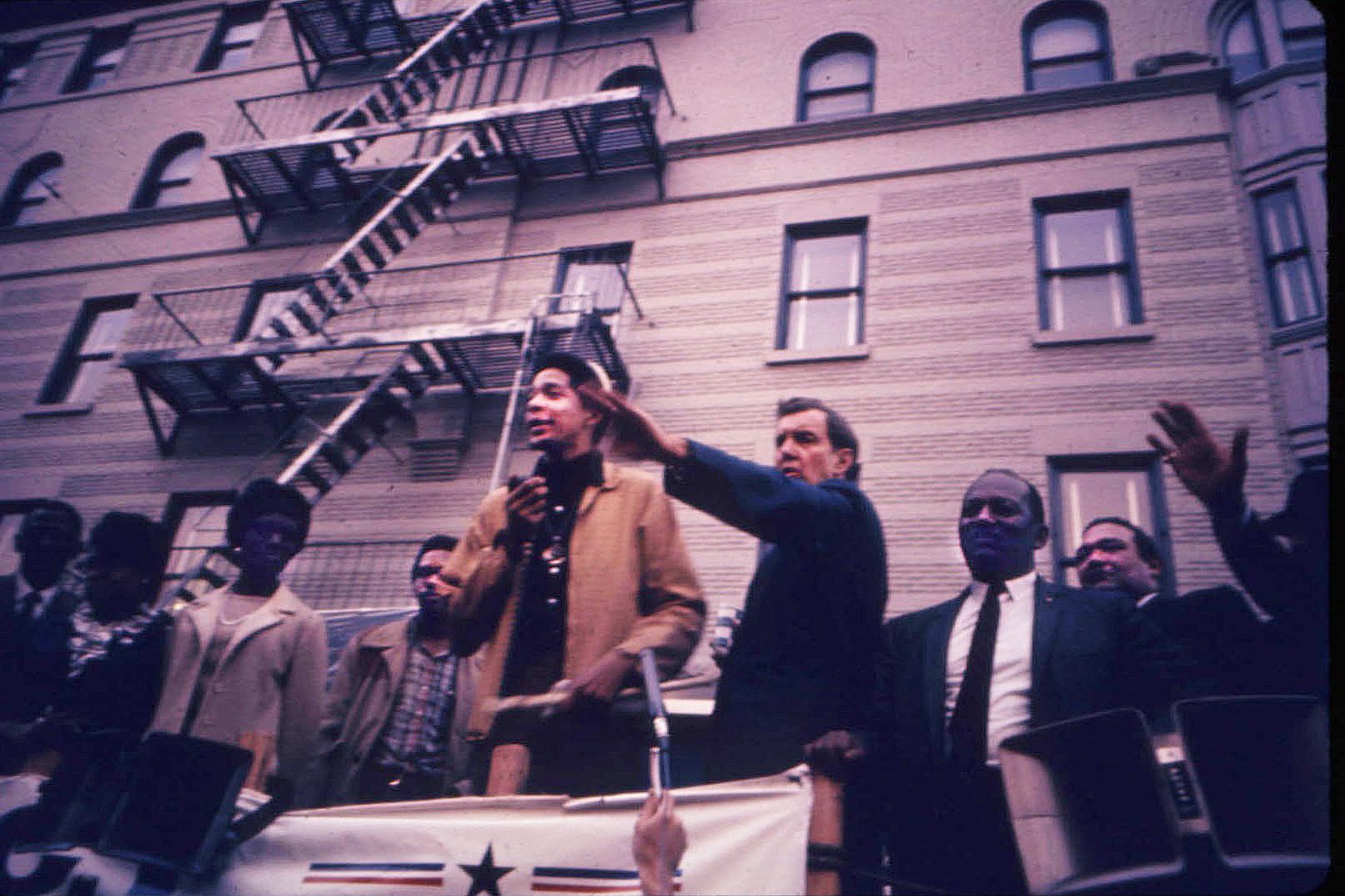
Edmund Muskie ’36 and supporters at a 1968 campaign event, location unknown. (Burton Burinsky / Muskie Archives and Special Collections Library)
Collins also learned that Muskie had a police record (sort of). “On Dec. 28, 1965, in the tiny town of Centreville on Maryland’s Eastern Shore, Muskie was issued a criminal summons at Broadwater Farms for ‘attempting to take migratory water fowl with the aid of bait,’” writes Collins.
Muskie paid the $25 fine.
Read the story:
- “During his 1972 presidential race, Maine’s Edmund Muskie faced at least three death threats,” Sun Journal, Aug. 31, 2019
Clifford Odle
‘The Petition’ addresses black liberation and white allyship in the Old State House — WBUR
Jerome Campbell of Boston public radio station WBUR sat in on a performance of The Petition, a play by Lecturer in Theater Clifford Odle that explores the contradictions of the American Revolution when it comes to slavery.
The immersive play, in which audiences sit around a table in the Old State House Museum in Boston, is about Prince Hall, a free black man who unsuccessfully petitioned the Massachusetts assembly to abolish slavery.
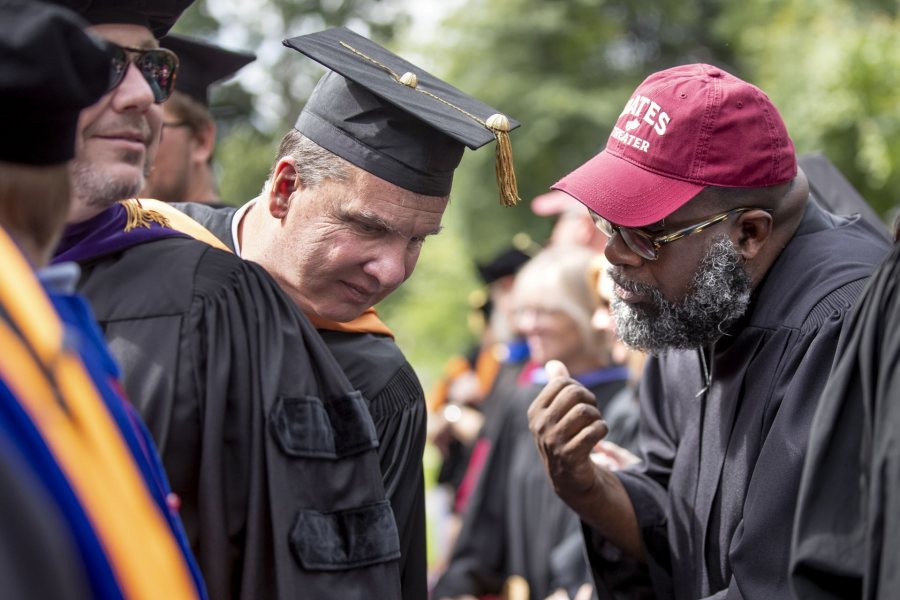
Lecturer in Theater Clifford Odle (right) talks with Professor of French and Francophone Studies Kirk Read during Opening Convocation on Sept 3. (Phyllis Graber Jensen/Bates College)
In the play, Hall’s friend and ally Joseph Warren encourages the petition but ultimately prioritizes the “liberation” of white colonists from British rule.
It’s an example of the harm of white inaction, Odle told Campbell. “Unless you are arguing and agitating for people to have the same rights that you already have, unless you are willing to put your privilege on the line, the job is not done.”
Read the story:
- “‘The Petition’ addresses black liberation and white allyship in the Old State House,” WBUR, Aug. 27, 2019
Julia Sleeper-Whiting ’08
Local people who are all about the work share what motivates them — Sun Journal
A Lewiston Sun Journal article on what motivates community members’ work featured Julia Sleeper-Whiting ’08, co-founder and executive director of Tree Street Youth.
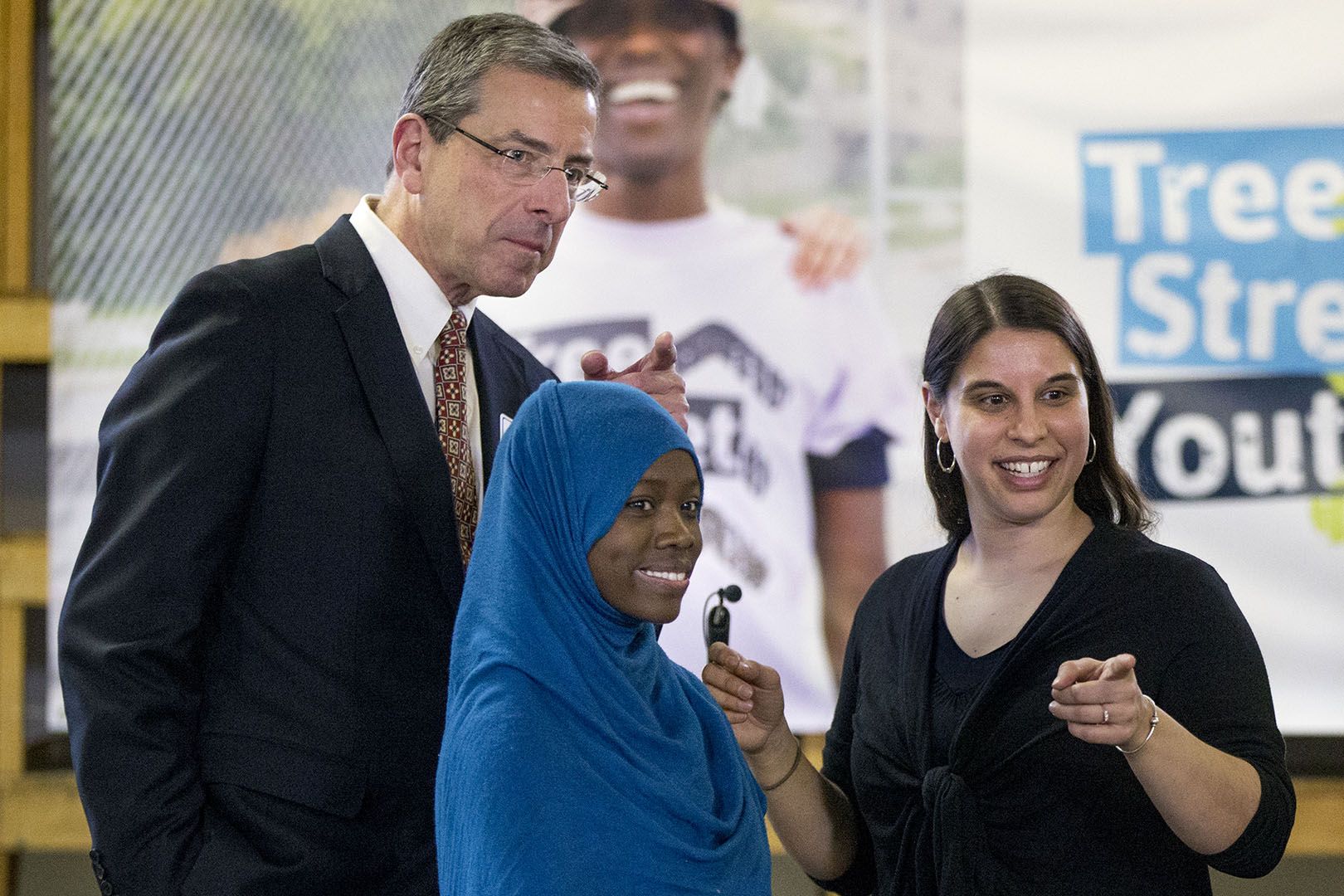
Julia Sleeper ’08 (right), co-founder and executive director of Tree Street Youth, speaks in 2016 with then-Lewiston High student Binto Matan and Gene Geiger, who supported an expansion of the youth center. (Phyllis Graber Jensen/Bates College)
“Work is about creating solutions to things happening around us and solving challenges in the world,” Sleeper-Whiting told reporter Beth Herman. “As long as your focus remains on the greater purpose, the work itself remains relevant and meaningful.”
Read the story:
- “Local people who are all about the work share what motivates them,” Sun Journal, Aug. 31, 2019
Ann Kranjec Fortescue ’84
New IMAS exec seeks cross-culture experiences — The Monitor
Francisco E. Jimenez of The Monitor of McAllen, Texas, profiled Ann Kranjec Fortescue ’84, the new president and executive director of the International Museum of Art and Science.
Fortescue said her 35-year career in museums was inspired in part by a Bates course on 19th-century European history that included a visit to a historical farm.
“We spent two days on this farm, harvesting rye with a scythe and experiencing what it was like to live as closely as we could to 19th-century peasant farmers,” she told Jimenez. “That was when a switch went off in my head in terms of, ‘I could actually work in a museum and teach with objects.’”
Read the story:
- “New IMAS exec seeks cross-culture experiences,” The Monitor, Sept. 3, 2019
Bates College
New students at Bates College told to become activists — Sun Journal
The Sun Journal covered Bates’ Opening Convocation, in which labor activist and civil rights leader Dolores Huerta received an honorary degree and delivered the keynote address.
The 89-year-old co-founder of the United Farm Workers told the incoming Class of 2023 to learn their history and engage politically to get the country “off the road to fascism.”
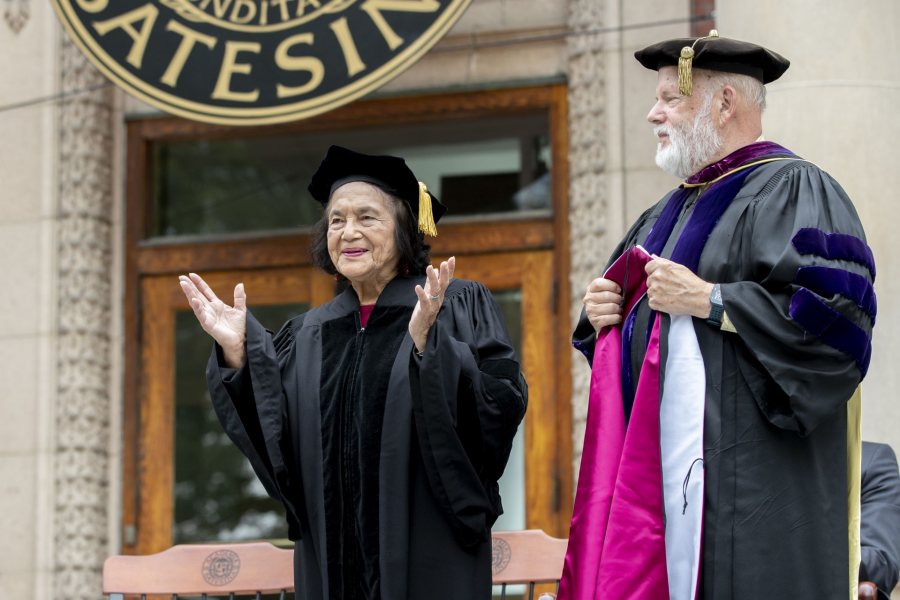
Dolores Huerta acknowledges applause as she’s given an honorary degree at Opening Convocation. Ready to present her with the honorary hood is Michael Murray, Phillips Professor of Economics. (Phyllis Graber Jensen/Bates College)
“The wonderful thing about a democracy is that we can change things,” she said. But “nothing is going to change unless you decide to change it.”
Read the story:
- “New students at Bates College told to become activists,” Sun Journal, Sept. 3, 2019
See also:
- “Convocation speaker Dolores Huerta to the Class of 2023: ‘We have the power,’” BatesNews, Sept. 4, 2019
James F. Amaral ’80
“We want people to bake”: Baker, food writer team up to publish book — The Lincoln County News
Jessica Clifford of Maine’s Lincoln County News interviewed Borealis Breads owner Jim Amaral ’80, who wrote a cookbook with food writer Cynthia Finnemore Simonds.
Amaral told Clifford that the goal of the book, Borealis Breads: 75 Recipes for Breads, Soups, Sides, and More, is to encourage people to bake, even if it costs him business at his popular bakery.
“It’s hard not to feel good about yourself when you bake a loaf of bread, no matter how it turns out,” Amaral said. “It’s a life-affirming thing when you bake – you’re nourishing yourself, you are nourishing your family.”
Read the story:
- “‘We want people to bake’”: Baker, food writer team up to publish book,” The Lincoln County News, Sept. 9, 2019
